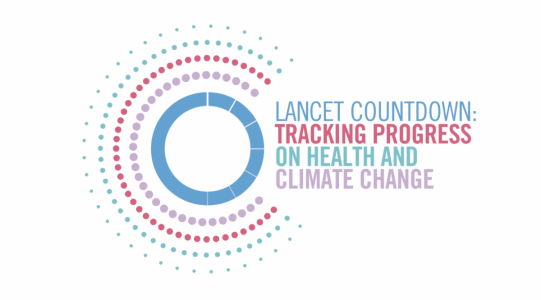I-TECH Receives PEPFAR Funding to Help End the AIDS Epidemic in Zimbabwe
Stefan Wiktor, acting professor of global health at the University of Washington Schools of Public Health and Medicine, has received funding through the President’s Emergency Plan for AIDS Relief (PEPFAR) to promote HIV prevention and treatment and to help Zimbabwe’s efforts to reach HIV epidemic control. The five-year cooperative agreement, with an annual budget of about $15 million, is administered by the Centers for Disease Control and Prevention.





